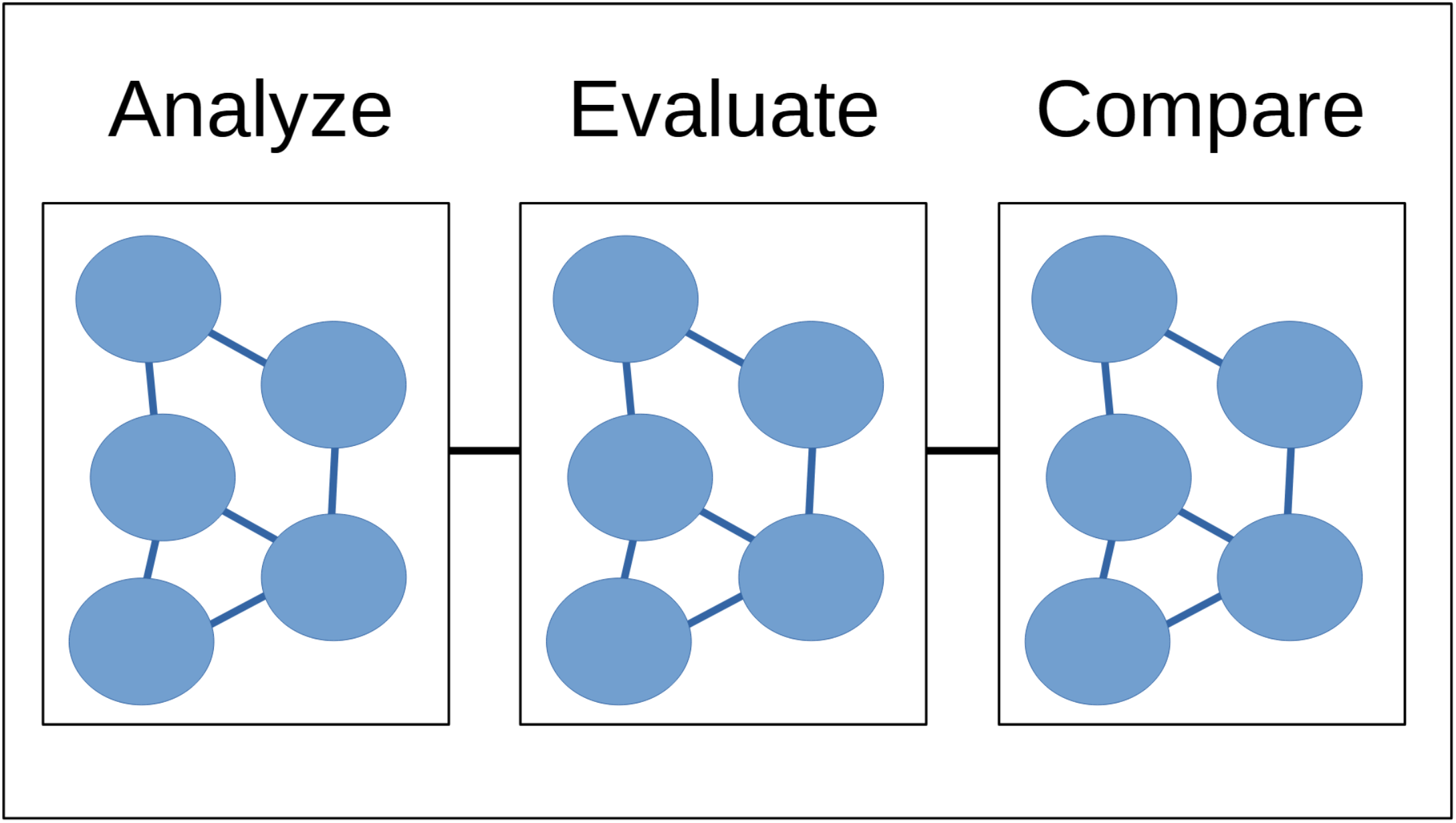This article, published by the Institute for Ethics and Emerging Technologies, discusses GCRI’s concept for cross-risk integrated assessment.
The article begins as follows:
Answering this question is at the heart of the Global Catastrophic Risk Institute’s new flagship integrated assessment project. Our project puts all the global catastrophic risks (GCRs) into one integrated study. That lets us evaluate risk-reducing actions in terms of how much they reduce the totality of the risk. That means we can learn how best to reduce GCR, not just for specific GCRs, but for the full set of them.
Here’s an example of what the integrated assessment can accomplish. A lot of people believe that the biggest risks are from emerging technologies like synthetic biology and artificial intelligence (AI). There are even some ideas on the best ways to reduce these risks, such as studying Friendly AI. Meanwhile, some other people believe that the biggest risk is global warming. Some of them believe that the best way to reduce the risk is from policies like a carbon tax or cap-and-trade system. Is one of them right? Our integrated assessment could shed some light on this question. I don’t yet have an answer. It would be rather poor form to prejudge the results before doing the research.
How do we plan to do this? We have three steps to our research. First, we analyze the risks. How likely are they to happen, and at what times? How severe would the impacts be? How do they interact with each other? Second, we evaluate the actions (we call them interventions) to reduce the risk. How much do they reduce the risk? At what cost? What moral and legal issues do they raise? Third, we compare these actions to what’s already being done (we call this additionality). Which actions could use more support? What synergies exist with existing actions? Where are the biggest untapped opportunities for additional risk reduction? These three steps take us from the risks themselves to the specific things people can do to reduce them—and then back to the risks themselves. We’ll iterate back and forth between the steps as needed to fill in the missing pieces.
The remainder of the article is available in PDF archive.
Image credit: Seth Baum
This blog post was published on 17 April 2024 as part of a website overhaul and backdated to reflect the time of the publication of the work referenced here.










